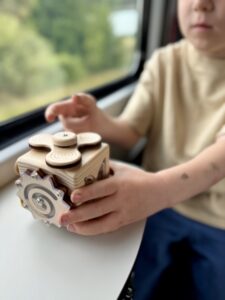
Toys for the airplane – what will occupy the child during the trip?
Traveling with a child is a challenge, especially on an airplane, where space is limited
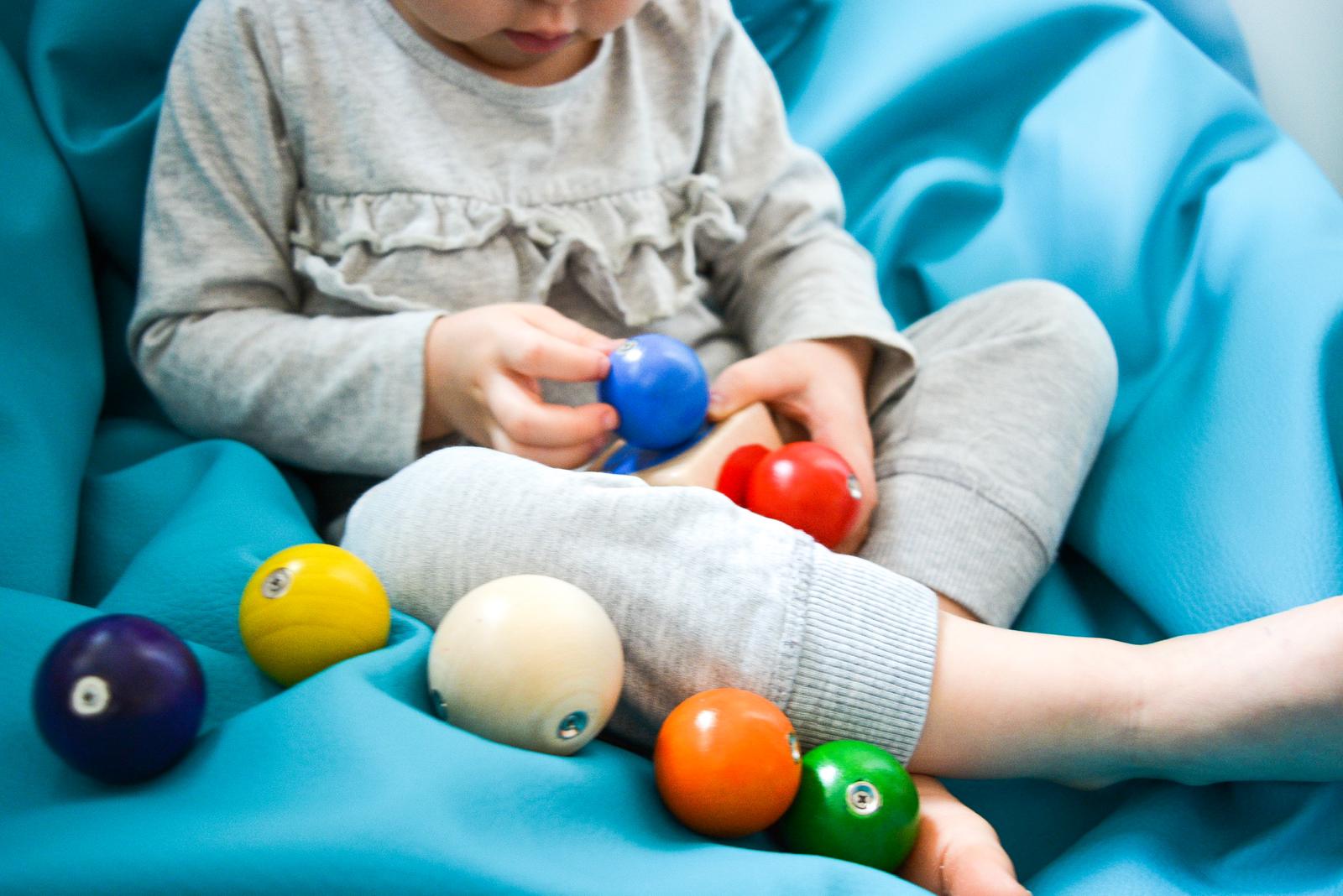
Today, when technology is ubiquitous, traditional games and puzzles still play a key role in children’s education. They are not only a source of entertainment, but also develop cognitive, motor and social skills. In this article, we will look at why games and puzzles are such effective educational tools and the benefits of using them regularly.
Games and puzzles support children’s cognitive development in many ways. They help develop problem-solving skills, logical thinking and concentration. In addition, children learn to analyze situations, make decisions and anticipate the consequences of their actions. Games, such as educational puzzles, require children to focus their attention and be patient, which promotes their overall intellectual development.
Puzzles and games require precise hand movements, which helps develop fine motor skills. Children learn motor coordination, how to manipulate objects and how to control pressure. These skills are crucial for everyday activities such as writing, drawing and dressing. Wooden educational toys and manipulative boards are excellent tools for developing these skills.
Board games and puzzles can also promote children’s social development. By playing in a group, children learn cooperation, communication and healthy competition. Team games develop interpersonal skills and teach how to deal with winning as well as losing. These are important lessons that will come in handy in adult life.
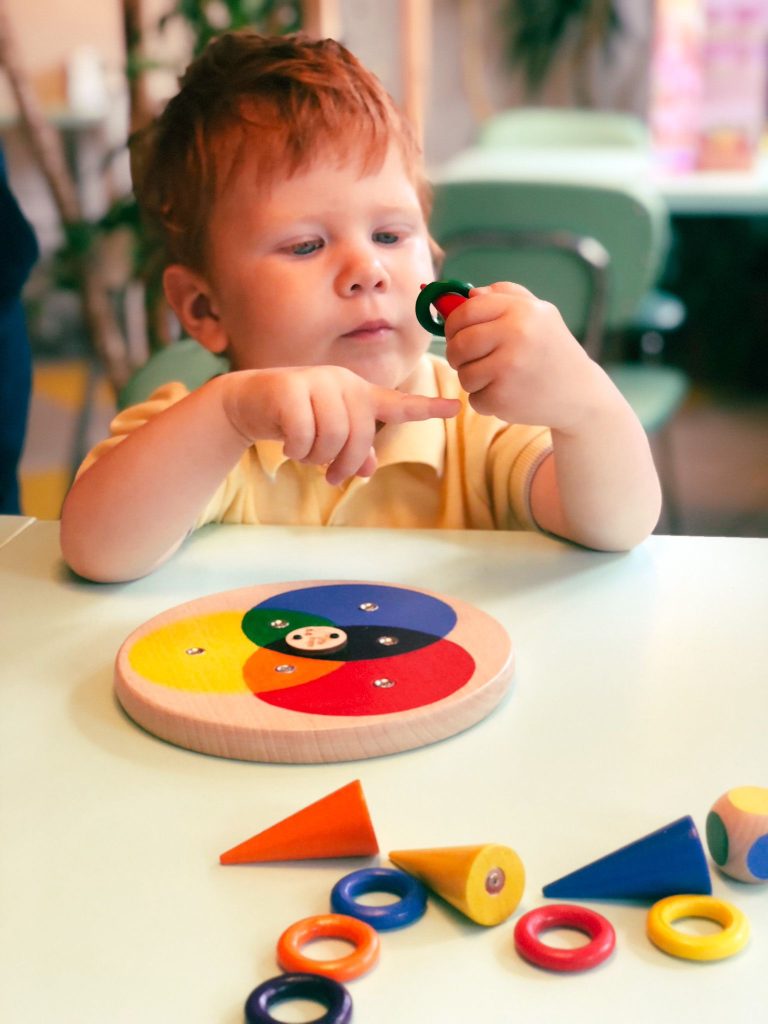
Board games are an excellent educational tool that can be adapted to different age groups and skill levels. Games such as scrabble, monopoly and chess help develop language, math and strategy skills.
Puzzles is one of the oldest forms of educational play that is as popular today as it was centuries ago. In fact, they develop spatial skills, logical thinking and patience. They can take the form of traditional puzzles, tangrams or more advanced 3D puzzles.
Puzzle games are a category of games that require players to think analytically and strategically. Examples include sudoku, Rubik’s cube and escape room games. Indeed, these games teach children how to make decisions based on analysis of the situation and available information.
They are designed according to the principles of Montessori pedagogy, which emphasizes independence, observation and learning by doing. These games often use natural materials, such as wood, and are designed to develop specific skills, such as counting, sorting or recognizing shapes and colors.
The selection of appropriate games and puzzles should be tailored to the age of the child. In fact, for the youngest children (1-3 years old) the best are simple puzzles and games that develop basic motor and cognitive skills. For older children (4-6 years), you can choose more complex games that require logical thinking and problem solving.
It is worth choosing games and puzzles that are in line with the child’s interests. If your child is interested in animals, you should choose games and puzzles with animal themes. If the toddler likes numbers and letters, it is worth reaching for educational games that develop these skills.
The difficulty level of the games and puzzles should be adjusted to the child’s abilities. Games that are too easy can quickly become boring, while games that are too difficult can become discouraging. It is worth gradually raising the level of difficulty so that the child has a sense of success and develops his skills.
Manipulative boards is a fantastic educational tool that allows children to develop motor and cognitive skills through interactive play. These boards can contain various elements such as locks, buttons, switches and gears that children can manipulate and explore.
Educational cubes are multifunctional toys that can contain various games and puzzles on their walls. In fact, they can be puzzles, shape sorters, mazes or abacus. These cubes are a great tool for learning counting, recognizing shapes and developing motor coordination.
Educational puzzles are a classic form of jigsaw puzzles that are an excellent tool for developing cognitive skills. In addition, they can be puzzles with maps that teach geography, puzzles with letters and numbers that help learn the alphabet and counting, or more complex puzzles that develop logical and spatial skills.
Games and puzzles are key to developing cognitive skills in children. Through problem solving, children learn logical thinking, planning and analysis. Puzzles help develop spatial skills, while board games teach strategy and how to anticipate an opponent’s moves. In fact, through a variety of tasks, children develop concentration and patience, which translates into better academic performance.
Games and puzzles require precise hand movements, which is crucial for developing fine motor skills. In fact, by manipulating small pieces, such as puzzles and blocks, children improve their hand-eye coordination and precision grasping skills. Dexterity games develop reaction speed and the ability to control movements, which is essential for daily activities such as writing or drawing.
In summary, board games and team games teach children cooperation, communication and healthy competition. Solving problems and achieving goals together strengthens social ties and teaches teamwork. Children also learn to cope with failure and celebrate successes, which is an important part of their emotional development. In fact, educational games develop empathy and understanding for others, which is key to building interpersonal relationships.
The best educational games for young children are those that are tailored to their age and abilities. Manipulative boards, puzzles and simple board games with large, easy-to-grasp pieces are ideal for children aged 2-4. It is important that the games are colorful, engaging and have simple mechanics that will not overwhelm the toddler.
Yes, many computer games have educational values and can promote cognitive, motor and social development. However, it is important to choose games that are appropriate to the child’s age and ensure that the time spent in front of the screen is moderate. Online educational games can teach math, foreign languages, logical thinking and technical skills.
Montessori games emphasize independence, sensory development and learning by doing. Promote cognitive development through tasks that require concentration and precision. They also develop social and emotional skills by learning to cooperate and solve problems independently.

Traveling with a child is a challenge, especially on an airplane, where space is limited
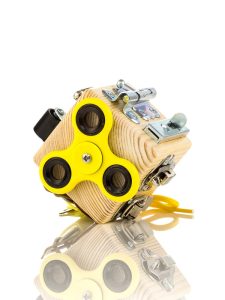
Choosing the right gift for a 2-year-old boy can be a challenge, especially when you
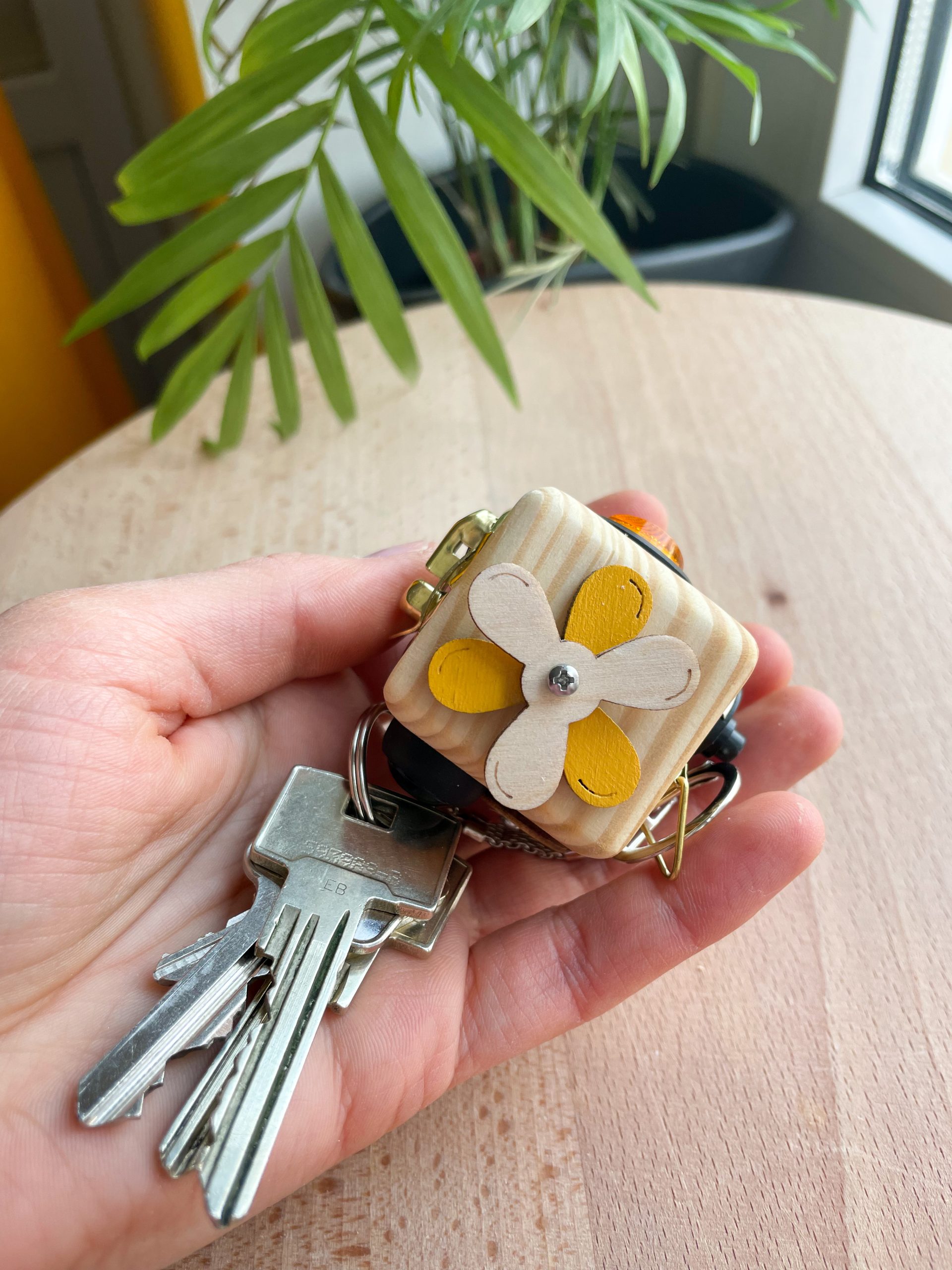
In today’s busy world, more and more people are looking for ways to reduce stress
| Cookie | Duration | Description |
|---|---|---|
| cookielawinfo-checkbox-analytics | This cookie is set by GDPR Cookie Consent plugin. The cookie is used to store the user consent for the cookies in the category "Analytics". | |
| cookielawinfo-checkbox-functional | The cookie is set by GDPR cookie consent to record the user consent for the cookies in the category "Functional". | |
| cookielawinfo-checkbox-necessary | This cookie is set by GDPR Cookie Consent plugin. The cookies is used to store the user consent for the cookies in the category "Necessary". | |
| cookielawinfo-checkbox-others | This cookie is set by GDPR Cookie Consent plugin. The cookie is used to store the user consent for the cookies in the category "Other. | |
| cookielawinfo-checkbox-performance | This cookie is set by GDPR Cookie Consent plugin. The cookie is used to store the user consent for the cookies in the category "Performance". | |
| viewed_cookie_policy | The cookie is set by the GDPR Cookie Consent plugin and is used to store whether or not a user has consented to the use of cookies. It does not store any personal data. |